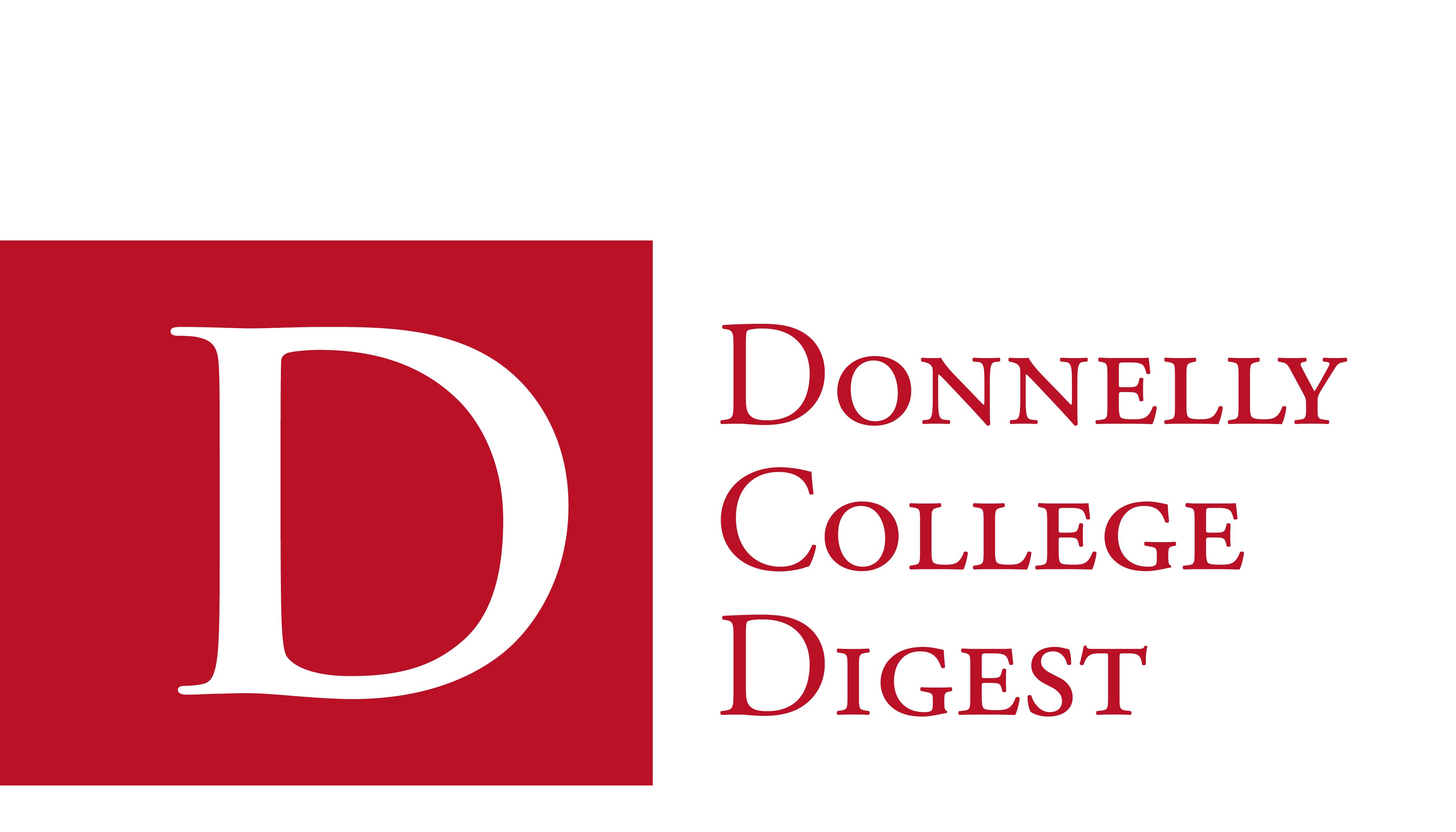
Donnelly College’s English as a Second Language (ESL) program brings many different ethnic backgrounds together. As students learn to speak the English language, their cultural experiences are shared.
The ESL program was developed under the watchful eye of Associate Dean Cyrus Shadfar. As a youth in Iran, Shadfar dreamed of becoming an Olympic basket- ball player. He had no aspirations to teach and was not aware that Kansas City, Kansas, much less Donnelly College, existed. So how did Shadfar rise above his aspirations to accept the challenge of shepherding one of the nation’s premier English as a Second Language programs?
“I came to America from Iran in 1979, to visit my brothers who had been attending Donnelly since 1973,” Shadfar said. “At the time, Donnelly needed an additional ESL instructor and I applied for the position.”
In 1979, Donnelly College only offered ESL classes during the day. Shadfar saw the need for evening ESL classes and said he convinced Donnelly’s administration to offer them.
“The evening classes started with two students,” Shadfar said. “In the space of three weeks the number
of students grew to 20. Within five months, I was appointed director of the evening ESL program, and we had four instructors and 75 students.”
Shadfar reported that during the 1980s, with turmoil brewing around the world, Donnelly’s ESL program grew to more than 523 students, most hailing from Laos, Vietnam and Russia.
Ten years after being hired as an instructor in the evening ESL program, Shad- far was promoted to Director of the Day and Evening ESL programs. He became Associate Dean of Preparatory Studies in 2005, but continues to teach ESL classes to international students.
“Yes, I still teach because it energizes me. Sometimes I may be tired, but when I get into the classroom, I come alive!”
Donnelly still attracts international students to its ESL program in spite of the fact that there are many area ESL programs in existence today.
“We provide personal service,” Shadfar explained. “Other area ESL programs teach English by using CD’s and video productions.
At Donnelly, we create real life situations and do a lot of role playing. We teach students how to become U.S. citizens and above all, how to succeed academically.”
Donnelly offers the English as a Second Language program to help underserved members of society attain English language proficiency, so they may continue their education and participate in the community.
The ESL program, which has been offered at Donnelly since 1972, is designed to give special training in the use of the English language to students who are not native speakers of English. Donnelly serves international students aspiring to study in the United States, recent immigrants and refugees, and American citizens who want to improve their education in English.
Donnelly’s ESL instruction goes the additional step to teach American customs and traditions by a balance of classroom instruction, enrichment experiences and social gatherings that foster appreciation for all cultures and ethnicity.
Courses in the ESL program are offered at 12 different levels of difficulty in reading, vocabulary, listening, speaking, pronunciation, composition and grammar.
Htee law Sue has been in Donnelly’s ESL program for two months. She was born in a refugee camp in Thailand.
“I like Donnelly because they treat me the same as everybody else and don’t look down on me because I’m a refugee,” Sue said.
Maher Issa came to Donnelly from Lebanon and has also been in Donnelly’s ESL program for two months. His aspirations are to study English and then obtain a B.A. degree in business administration.
“Donnelly is affordable and a good, quiet place where people are kind,” Issa said.

